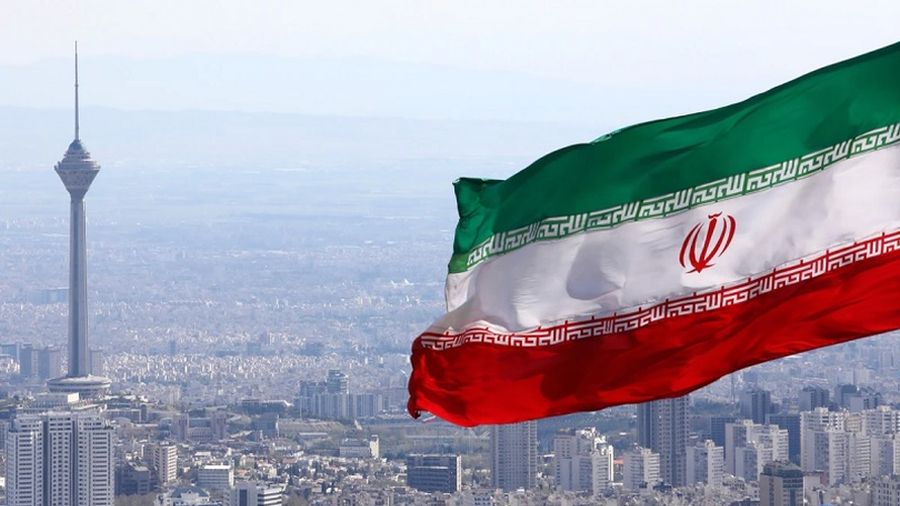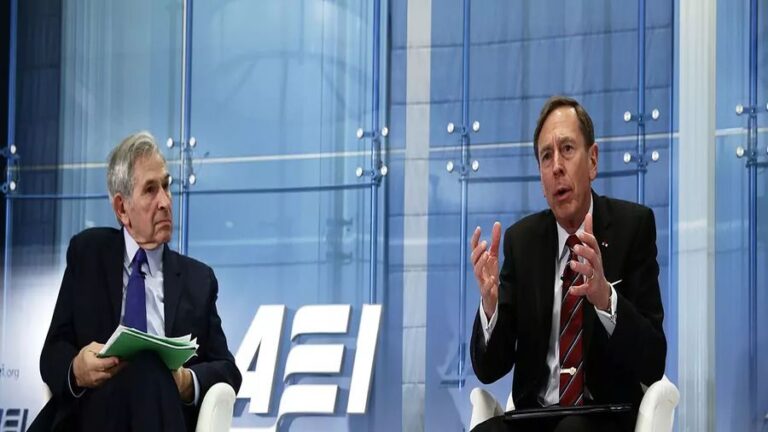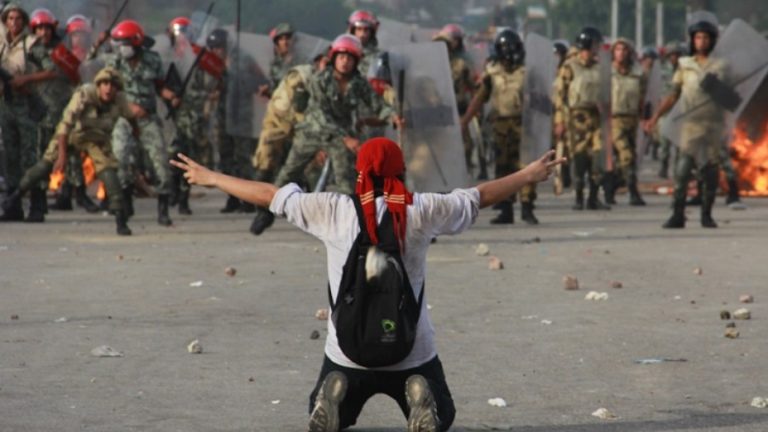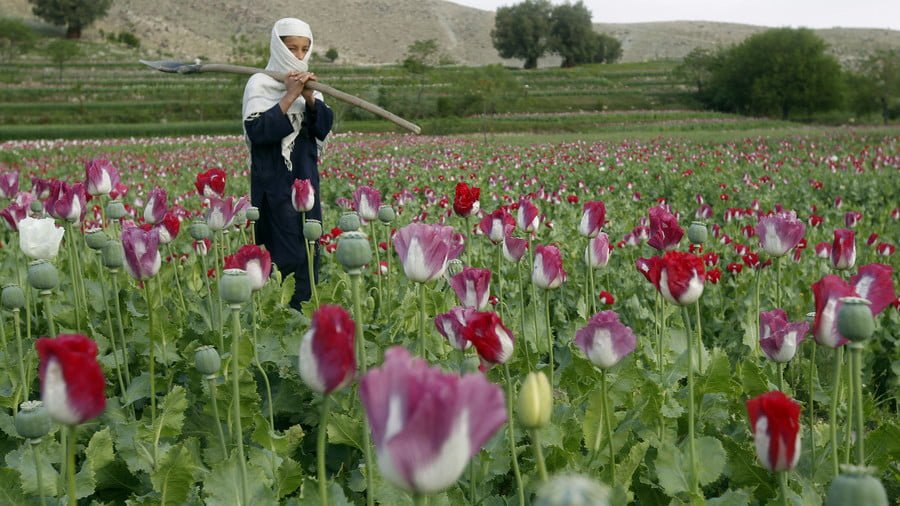Iran Stands to Gain from Possible Changes in Russia’s Relations with Israel & Pakistan
The pro-US “deep state” schools within Israel and Pakistan that are speculated to have recently returned to policymaking prominence within their permanent bureaucracies have an interest in recalibrating their governments’ respective balancing acts within the emerging Multipolar World Order after its adherents became concerned that they were leaning too close to Russia in recent years at the expense of their traditional US ally.
Russia’s ongoing special military operation in Ukraine has led to unpredictable consequences for its Greater Eurasian Partnership (GEP), which refers to its 21st-century grand strategy for integrating the supercontinent. Up until the onset of that campaign and the US-led West’s unprecedented response, it had been simultaneously pursuing the creation of a new Non-Aligned Movement (“Neo-NAM”) with India as well as its “Ummah Pivot” of prioritizing relations with the majority-Muslim countries beyond its southern borders. The first-mentioned was balanced by the rapid Russian-Pakistani rapprochement while the second was kept in check by the “Rusrael” project, which refers to Russia’s de facto alliance with Israel.
Both of these balances within these two pillars of its GEP (the third being its entente with China) are becoming increasingly unbalanced after their future suddenly became uncertain following recent developments. These are Israel’s decision to vote against Russia twice at the UN and the scandalous change of government in Pakistan that former Prime Minister Khan described as a US-orchestrated regime change but which the new Establishment-backed coalition authorities insist was a constitutional and purely domestic process. The Rusrael project is now at risk of being dismantled by the pro-US school of Israel’s permanent military, intelligence, and diplomatic bureaucracies (“deep state”) while the pace of the rapid Russian-Pakistani rapprochement might be slowed due to the influence of that same school.
Both pro-US “deep state” schools have an interest in recalibrating their governments’ respective balancing acts within the emerging Multipolar World Order after its adherents became concerned that they were leaning too close to Russia in recent years at the expense of their traditional US ally. In the event that either of them ends up changing the nature of their relations with that Eurasian Great Power, not to mention if both of them do this, then Iran would certainly stand to gain from these possible developments. Its relations with Israel are adversarial while its one with Pakistan can be described as complicated. Even though it likely looked askance at Russia’s strategic ties with both of them, it didn’t let that influence their bilateral relations, which are better than at any previous time in history.
Iran presently serves as a valve from US-led Western pressure on Russia though Washington is also flirting with the scenario of flipping the Islamic Republic against Moscow by reportedly making any new nuclear deal contingent on Tehran complying with its illegal sanctions regime against the Kremlin. It remains unclear Iran would agree to this, but doing so would arguably be counterproductive from its grand strategic interests since it they’re best served by becoming even more important to Russia in the event that Moscow’s ties with Israel and/or Pakistan change in the coming future. The Islamic Republic presently functions as the irreplaceable geographic conduit through which Russian-Indian trade is being conducted, which immensely benefits its struggling economy and is thus unlikely to change.
Another argument in favor of that conclusion is that Iran is de facto participating in the joint Russian-Indian “Neo-NAM” by facilitating their bilateral trade and also enabling India to enter Central Asia from where Moscow expects it to balance Chinese influence in a friendly, gentle, and non-hostile way. Furthermore, Iran’s ideological leadership sincerely believes in multipolarity and wisely understands the role that Russia is playing in accelerating such trends so it serves to reason that they’d prefer for Moscow to continue do so since this is also in their grand strategic interests. Observers should therefore very closely monitor Russian-Iranian relations across the coming months since they might further improve in parallel with any potential changes in Russia’s ties with Israel and/or Pakistan.







